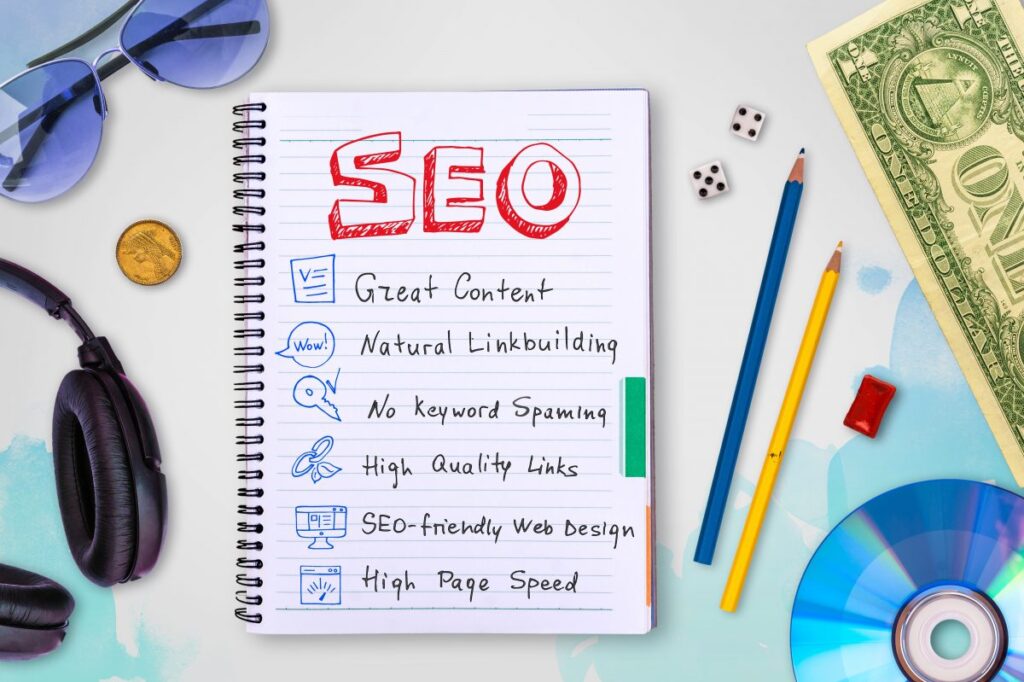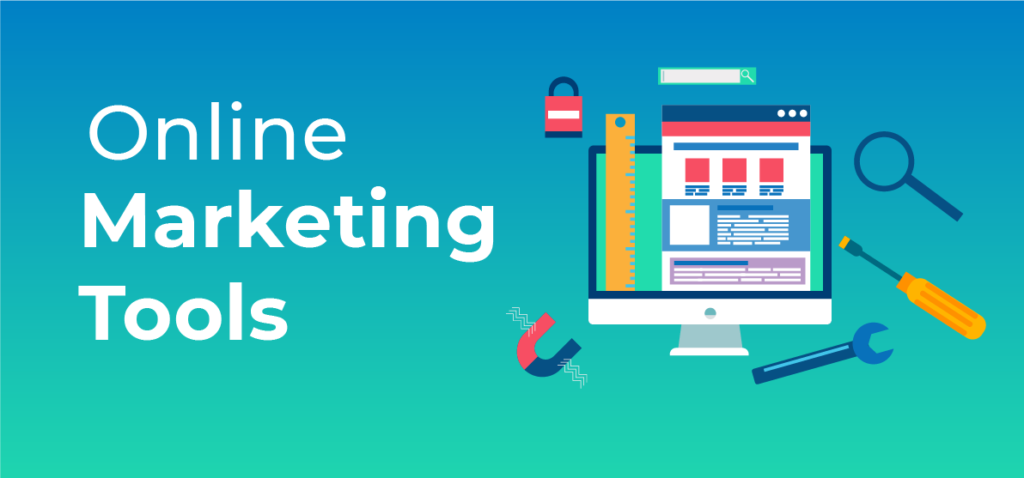In the intricate world of search engine optimization (SEO), mastering the art of visibility amidst the digital noise can often feel like navigating a maze. Should you opt for long-tail keywords? Is optimizing for Google enough? Wait, what are the competitors doing? These are some of the many questions you ask yourself.
As businesses and marketers strive to elevate their online presence, the integration of artificial intelligence (AI) in SEO emerges as the game-changing element. There are plenty of tools to use and software to leverage. Below, we demonstrate how to use AI for SEO, irrespective of your industry or expertise level.
SEO Use Cases Where AI Can Help
It wouldn’t be wrong to say that AI can help in almost every stage of your SEO strategy. How? Let’s look at some use cases and how AI simplifies them.
Keyword Research
Keyword research is one of the primary and crucial steps in any SEO strategy. You have to identify relevant keywords that people are searching for so that your content ranks high in the search engine results.
These keywords may be constantly evolving, especially in industries like tech. Besides simple keywords, you also need to incorporate long-tail keywords and conversational phrases in your content.
AI tools like SEO.ai can streamline keyword research for you. You simply have to type in a short description of your service or company, and the tool will generate a list of relevant keywords and phrases.
SEO.ai for content generation
Similarly, SurferSEO is a keyword research and AI content creation tool that lets you generate new SEO content or audit your existing one. It also has a Chrome extension to research the keywords for your content without leaving Google.
SurferSEO AI
Keyword Insights is another AI-powered SEO tool that generates a plethora of keyword ideas, organizes them into clusters, and outlines detailed content plans with ease. With Keyword Insights, you can group keywords based on their intent, facilitating the efficient identification of search intent behind keywords on a large scale.
Content Generation
Content’s kingship is still going as strong as ever. If you want to appear high on the search results page, you have to create stellar content. But that needs a lot of research and planning.
AI helps. You can use AI tools to:
- Generate content ideas
- Formulate content outlines
- Get writing suggestions
- Prevent content duplication (plagiarism)
- Rephrase or restyle existing content
An example of an AI tool you can use in this regard is Frase. The developers claim that Frase puts your ”SEO content workflow on steroids.” First, it conducts research by analyzing your competitors’ content and visualizing SERP metrics like domain rating, word count, and heading count. Then, it creates AI-generated optimized briefs in just six seconds.
How Frase works
Want to remove grammatical errors from your content? Use Grammarly. It can also adjust the tone and style of your content. Grammarly now has a generative AI that writes blog posts and copy for your websites.
Grammarly AI writer
Content generation is not limited to blog posts and web copy. You also need images to make your pages user-friendly. The more, the better. Statista data shows that an average Instagram post has an engagement rate of 1.94%, but carousel posts get engagement of up to 31.5%.
Fortunately, AI tools can generate visuals for your SEO content, too. For example, Midjourney is a popular AI tool to generate images. You can also use Canva’s AI image generator or Adobe Firefly to produce stock photo-like pictures.
Adobe Firefly
SEO experts are using a range of AI tools for different use cases, including video editing, copywriting, designing, web development, marketing, and more.
Tweet about AI SEO tools
SEO Analytics
Even if you think you’ve created the best SEO strategy there is, you can’t be sure about it until you’ve measured your campaign’s performance. Previously, you’d use insights from your website or social media platform to drive decision-making. Even when using analytics tools, you only get basic data like click-through rate (CTR), conversions, etc.
AI is taking data analytics to the next level thanks to predictive and prescriptive analysis. The former means that AI can predict future outcomes based on historical data. The latter goes a step ahead and provides actionable insights, going as far as automating certain tasks.
Let’s say you’ve gathered data from your SEO software. You now have to analyze it to pinpoint insights. Tableau AI can help. You enter your data into the AI tool and it visualizes the results for you. It also has an Ask Data feature that lets you pose queries that the tool then answers graphically.
Quick Read: ClickFunnels: Complete Review (2024)!
Similarly, you can use the Tableau Pulse to understand the ‘’why’’ of your data. The tool delivers personalized insights with relevant context.
Tableau Pulse
Another similar tool is KNIME, an open-source toolkit for data analytics, including visualization and device orientation. Its AI suite includes predictive modeling, machine learning, spreadsheet automation, etc.
What you can do with KNIME
Competitor Analysis
The same analytics tools you use for your own content can be used to see how your competitors’ content is fairing. You’ll get a comprehensive overview of their SEO strategy and search engine ranking.
Predictive AI tools can predict if your competitor’s content will outrank yours in search engine results pages (SERPs). The forecast can tell you to either amplify your content strategy or pivot it.
How Will AI Affect SEO?
Experts have varying views about the impact of AI on SEO. Some argue that it will make optimization a breeze, while others believe it will lead to the end of traditional SEO practices. In fact, some experts go as far as saying that SEO experts are ”yesterday’s news.”
Tweet about SEO experts being ‘’yesterday’s news’’
One thing is clear: SEO is evolving, and AI is playing a significant role in that. Here are some ways AI will affect SEO:
- Personalization: AI takes personalization to the next level. You can personalize for each individual rather than a segment.
- Predictive Analytics: AI ”understands” the intent behind a search query and predicts what users might be searching for. It can even predict how your content will perform.
- Content Creation: Although AI tools are in their infancy, they may advance to the point of automatically generating content tailored for a specific audience and optimized for search engines.
Takeaway
By now, you should have some idea of how to use AI for SEO. The extent to which AI will impact your SEO strategy will depend on how much you embrace it and incorporate it into your campaigns.
Note that AI alone can’t cut it at this point. Couple your AI efforts with human insight to get that ”personal” touch that fosters connection with your audience.






